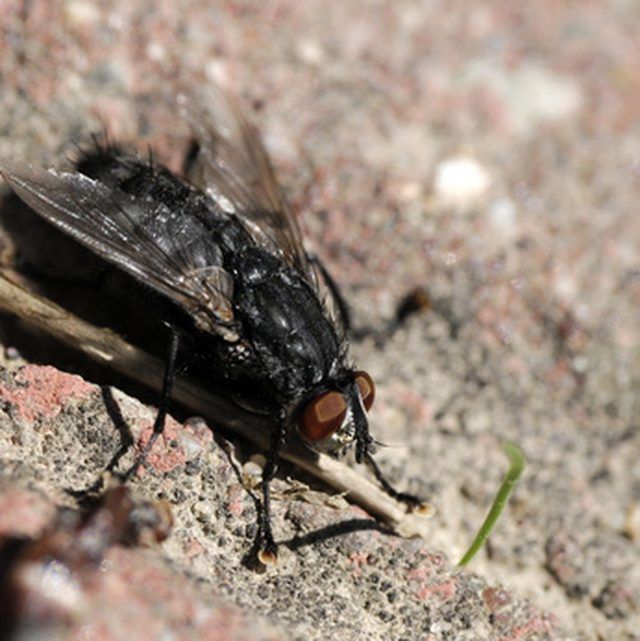Bulbs
Flower Basics
Flower Beds & Specialty Gardens
Flower Garden
Garden Furniture
Garden Gnomes
Garden Seeds
Garden Sheds
Garden Statues
Garden Tools & Supplies
Gardening Basics
Green & Organic
Groundcovers & Vines
Growing Annuals
Growing Basil
Growing Beans
Growing Berries
Growing Blueberries
Growing Cactus
Growing Corn
Growing Cotton
Growing Edibles
Growing Flowers
Growing Garlic
Growing Grapes
Growing Grass
Growing Herbs
Growing Jasmine
Growing Mint
Growing Mushrooms
Orchids
Growing Peanuts
Growing Perennials
Growing Plants
Growing Rosemary
Growing Roses
Growing Strawberries
Growing Sunflowers
Growing Thyme
Growing Tomatoes
Growing Tulips
Growing Vegetables
Herb Basics
Herb Garden
Indoor Growing
Landscaping Basics
Landscaping Patios
Landscaping Plants
Landscaping Shrubs
Landscaping Trees
Landscaping Walks & Pathways
Lawn Basics
Lawn Maintenance
Lawn Mowers
Lawn Ornaments
Lawn Planting
Lawn Tools
Outdoor Growing
Overall Landscape Planning
Pests, Weeds & Problems
Plant Basics
Rock Garden
Rose Garden
Shrubs
Soil
Specialty Gardens
Trees
Vegetable Garden
Yard Maintenance
How to Get Rid of Flying Bugs
How to Get Rid of Flying Bugs. Flying insects can be a nuisance. They can be harder to kill than slow-moving bugs like ants, and they may contaminate food or similar items that are left unsealed. Some insects may even transmit diseases---for example, mosquitoes may carry the West Nile virus. In some countries mosquitoes can even infect people with...

Flying insects can be a nuisance. They can be harder to kill than slow-moving bugs like ants, and they may contaminate food or similar items that are left unsealed. Some insects may even transmit diseases---for example, mosquitoes may carry the West Nile virus. In some countries mosquitoes can even infect people with malaria and yellow fever, and for those who are allergic to bee stings, bees are a particular concern. To help rid your home and yard of flying insects, your first steps will be prevention and creating an environment that is inhospitable to them.
Things You'll Need
Door sweep
Marigolds
Thai lemongrass
Fly tape
Bug zapper
Dish detergent
Water
Spray bottle
Bee spray
Keep flying insects from entering your home by maintaining your screened windows and doors well. Check the screens for large holes or tears, and replace any that are damaged. Examine your doors for large cracks. For example, if you find a gap between the bottom of the door and the floor, install a door sweep at the bottom to prevent insects from entering.
Turn your house and yard into an inhospitable environment for mosquitoes. According to Good Housekeeping, eliminating all sources of standing water can keep mosquitoes from breeding around your house. Clear your gutters and clean up any items that may collect rainwater. Keeping your grass short may also help.
Discourage houseflies from hanging around your house and yard. Flies are attracted to garbage, food, animal waste and yard litter (such as grass clippings). Keep your yard free of debris and promptly dispose of garbage in tightly sealed cans. Maintain a clean kitchen to discourage flies; keep all food sealed and the entire area free of crumbs.
Populate your house and yard with plants that naturally repel flying insects. According to Eartheasy, flying bugs are repelled by the fragrance of marigolds. Keep a few marigolds near your doors or in pots on your deck. Bring pots of Thai lemongrass inside your home to discourage flying insects there. Eartheasy suggests that this plant, which contains citronella oil, may be even more effective at repelling mosquitoes than the citronella plant.
Hang fly tape near your doors and windows. Although some homeowners may consider this unsightly, it can be very effective at trapping flying insects. Follow the directions for installation on the product you select.
Try an electric bug zapper. These devices, which often look like lanterns, can be hung outside (and sometimes inside) to kill bugs with electricity. Review the safety information and follow the directions on the product you select.
Kill existing flying insects with a homemade solution. Good Housekeeping recommends mixing 1/3 cup of dish detergent with 1 gallon of water. Pour this solution into a spray bottle and squirt it at flying insects you see in your home. This will immobilize them and cause them to fall to the floor.
Kill bees and destroy their nest only at night, when they are less active. If you are allergic to bees, call a licensed exterminator instead of doing it yourself. Use a product labeled for bees or wasps and spray it into the nest. Follow all safety directions on the product you select.